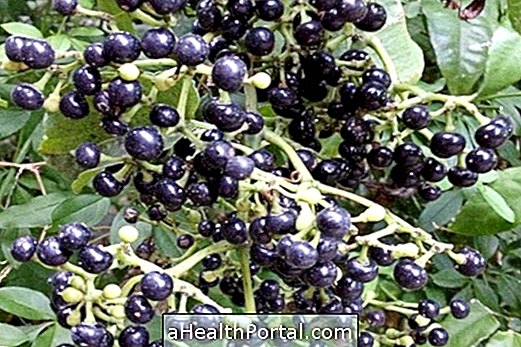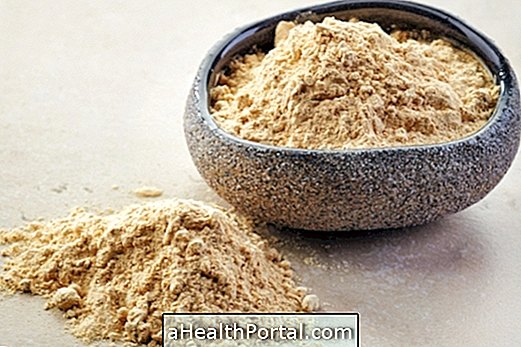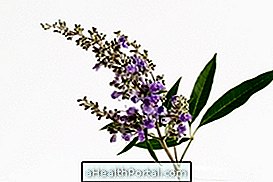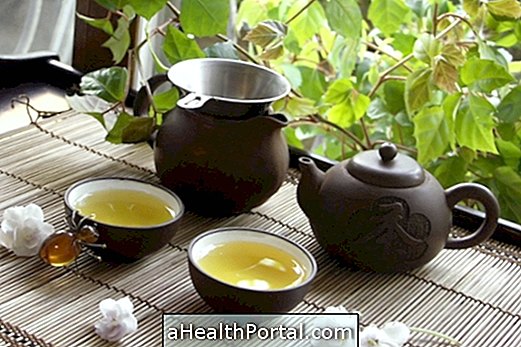Ginseng is a medicinal root widely used in Chinese medicine because of its incredible properties that help to reduce stress and tiredness, improving the quality of life and providing longevity.
This plant is considered to be adaptogenic, that is, its constituents are able to act in different situations, not only in front of a specific condition, and thus have several benefits.
This medicinal root can be used in the form of powder, teas or capsules, which can cost between $ 26 and $ 50 depending on the region. In some places the root of ginseng can be found in markets and free markets, being sold in kg.

What is it for
Ginseng has stimulating and revitalizing properties, and can be used to treat fatigue, weakness, lack of concentration, stress, physical and mental fatigue, bradycardia, sexual impotence, depression and atherosclerosis, as well as regulate blood pressure. Here are the 10 benefits of Ginseng.
Korean or Chinese ginseng, scientifically called Panax ginseng, is stimulant and serves to treat circulatory problems. American ginseng, scientifically called Panax quinquefolius, has the opposite effect and is soothing and useful for controlling stress, helping sleep and treating depression.
Indian ginseng improves blood circulation and is useful for improving intimate contact and can also be used to prevent or aid in the treatment of cancer. Learn about the benefits of Indian ginseng and how to use it.
How to consume ginseng
It is recommended to take 5 to 8 g ginseng per day, which can be consumed in several ways:
- Powder : just mix 1 tablespoon to main meals;
- As a supplement : take 1 to 3 capsules daily - see how to take ginseng in capsules;
- In tea: consume 3 to 4 cups of tea per day;
- In tincture: Dilute 1 tablespoon in a little water and take daily.
Ginseng should not be consumed continuously, having better effects when used for a short period of time, according to the guidance of a doctor, nutritionist or herbalist.
Ginseng care
Despite all the benefits of ginseng it is not advised for people who have heart disease, pregnant women or during breastfeeding. When above the maximum daily dose of 8 g, ginseng may cause some side effects such as diarrhea, insomnia and increased blood pressure. These symptoms, however, may disappear when the plant is stopped.



























